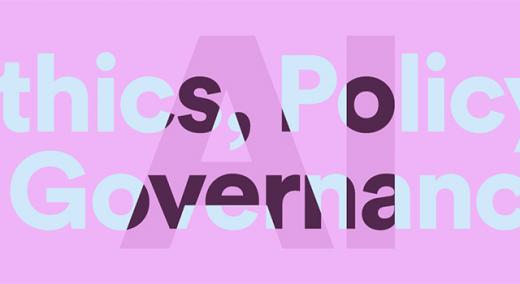An underlying theme emerged from the Stanford Institute for Human-Centered Artificial Intelligence’s fall conference: Artificial intelligence (AI) must be truly beneficial for humanity and not undermine people in a cold calculus of efficiency.
|
ADVERTISEMENT |
Titled “AI Ethics, Policy, and Governance,” the event brought together more than 900 people from academia, industry, civil society, and government to discuss the future of AI (or automated computer systems able to perform tasks that normally require human intelligence).
Discussions at the conference highlighted how companies, governments, and people around the world are grappling with AI’s ethical, policy, and governance implications.
…

Add new comment